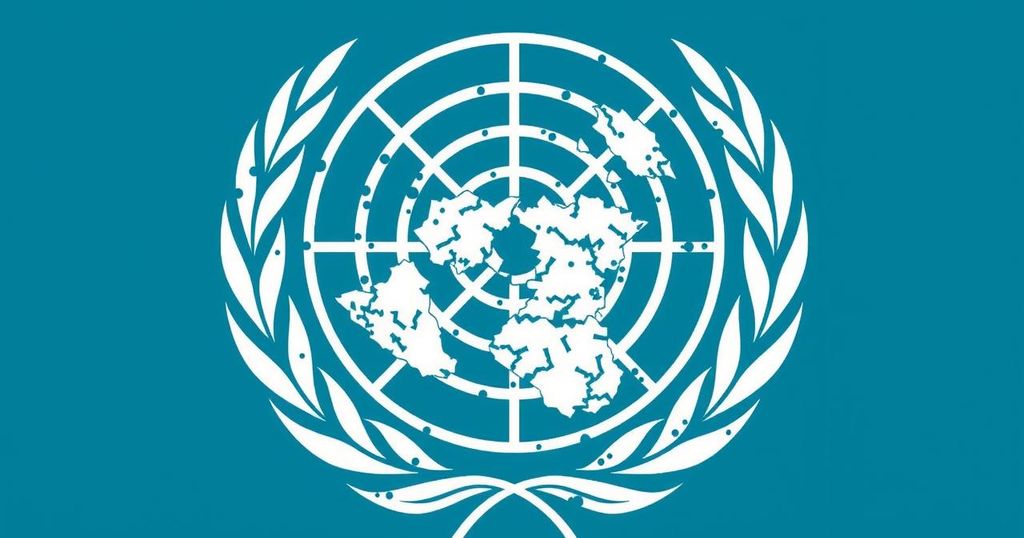UNESCO Reaffirms Commitment to Supporting South Sudanese Media Development

UNESCO has committed to supporting media managers in South Sudan through a training program aimed at enhancing their skills in various aspects of journalism. The two-day workshop addressed important topics such as countering hate speech, promoting gender-sensitive reporting, and preparing for the 2026 elections. Key figures in South Sudan’s media landscape emphasized the need for collaboration among journalists to effectively manage information and uphold ethical standards.
UNESCO has recognized the significant challenges encountered by media managers in South Sudan and has pledged ongoing support for their development. During a recent two-day workshop held in Wau, Mr. Paul Night, the representative of the UNESCO Country Director, emphasized the organization’s commitment to assisting journalists in enhancing their professional skills. Addressing approximately 30 participants, drawn from various states including Western Bahr el-Ghazal, Warrap, Northern Bahr el-Ghazal, and Lakes, Mr. Night stated, “We are pleased to have you all here. We know the challenges that you face at your stations and we are trying our best with our partners, the Association for Media Development in South Sudan (AMDISS) and so many others to help you build your capacities.” The training focused on critical topics such as countering hate speech, promoting gender-sensitive reporting, conflict-sensitive journalism, fact-checking, and ensuring ethical reporting practices. Mr. Night acknowledged the issues faced by community radio stations in the region, particularly regarding human resources and financial management, noting, “We know many people come in then go out looking for greener pastures and thus there is no sustainability.” He encouraged the participants to enhance their skill set in preparation for the forthcoming elections in 2026. Mary Ajith, the chairperson of the Board of Directors for the South Sudan Broadcasting Corporation (SSBC), urged journalists to work together against hate speech. She asserted the importance of collaboration among media entities, stating, “For media management, countering hate speech and misinformation and disinformation, is something that you can do collaboratively, not in competition.” She highlighted the significance of media involvement in the electoral process, emphasizing that training on elections is crucial. Western Bahr el-Ghazal State’s Information Minister, Samuel Nicola, reiterated the purpose of the training, stating, “This workshop has been designed to strengthen your ability and capacity in managing information as well as promoting ethical journalism and advocating the rights of all media personnel, whether in the country or in Bahr el-Ghazal.” Minister Nicola reassured the journalists of the state’s collaborative stance towards media operations in Wau. In conclusion, the training represents a vital initiative aimed at strengthening the capacity of South Sudanese media practitioners. With the support of UNESCO and collaborative efforts among various stakeholders, the media can advance in professionalism and responsibility, which is particularly significant in the lead-up to the anticipated elections. UNESCO’s commitment to the media sector in South Sudan underscores the critical nature of effective communication and ethical reporting in fostering a democratic society.
The article discusses a training initiative organized by UNESCO in South Sudan to address the challenges faced by local media professionals. The focus of the training includes various aspects of journalism, such as combating hate speech, gender-responsive reporting, and ethical considerations. This initiative is crucial as South Sudan is preparing for elections in 2026, which necessitates a well-informed and responsible media sector.
The training led by UNESCO marks a significant step towards enhancing the capabilities of South Sudanese media personnel. As they prepare for upcoming elections, the emphasis on ethical and responsible reporting, as well as collaboration among media outlets, is paramount. The support from UNESCO and partnerships with local organizations will be essential in fostering a sustainable media landscape in the region.
Original Source: www.radiotamazuj.org







